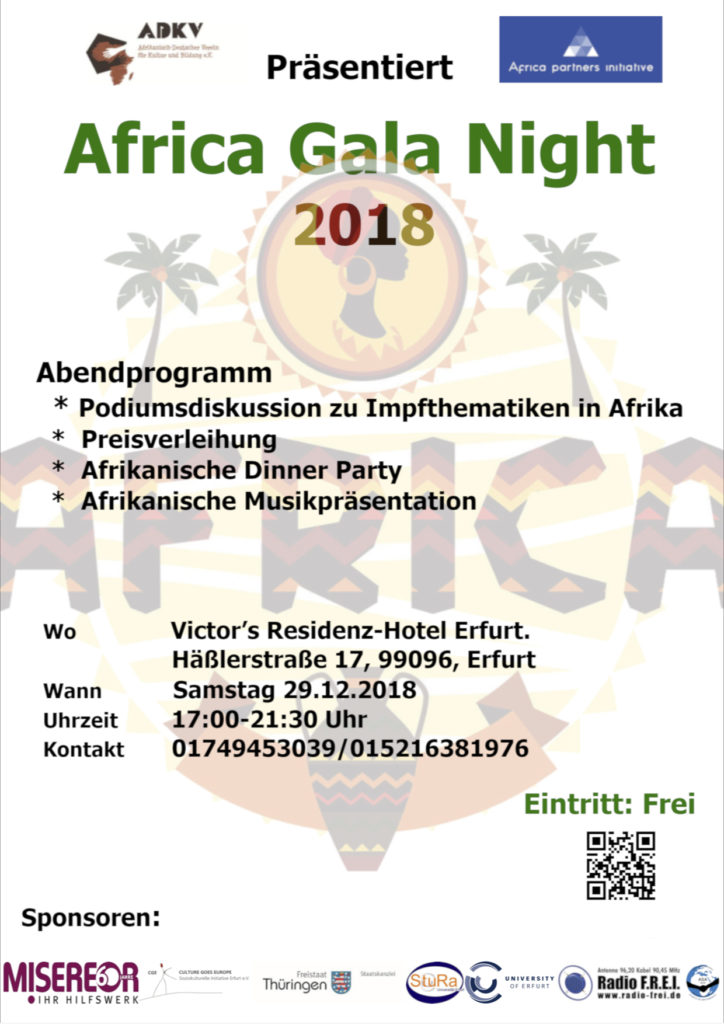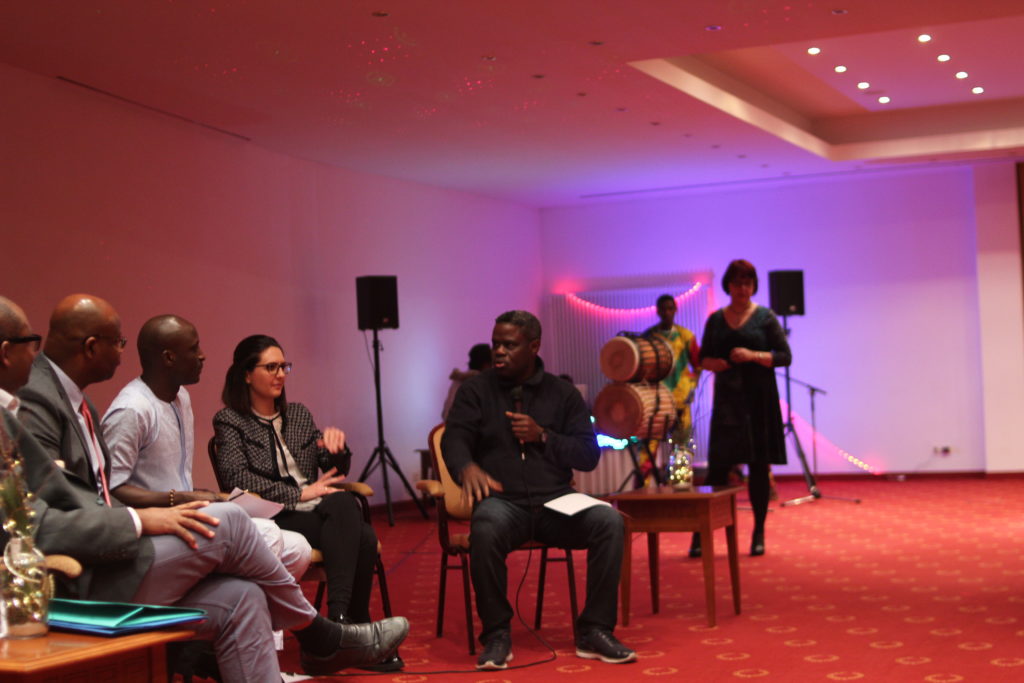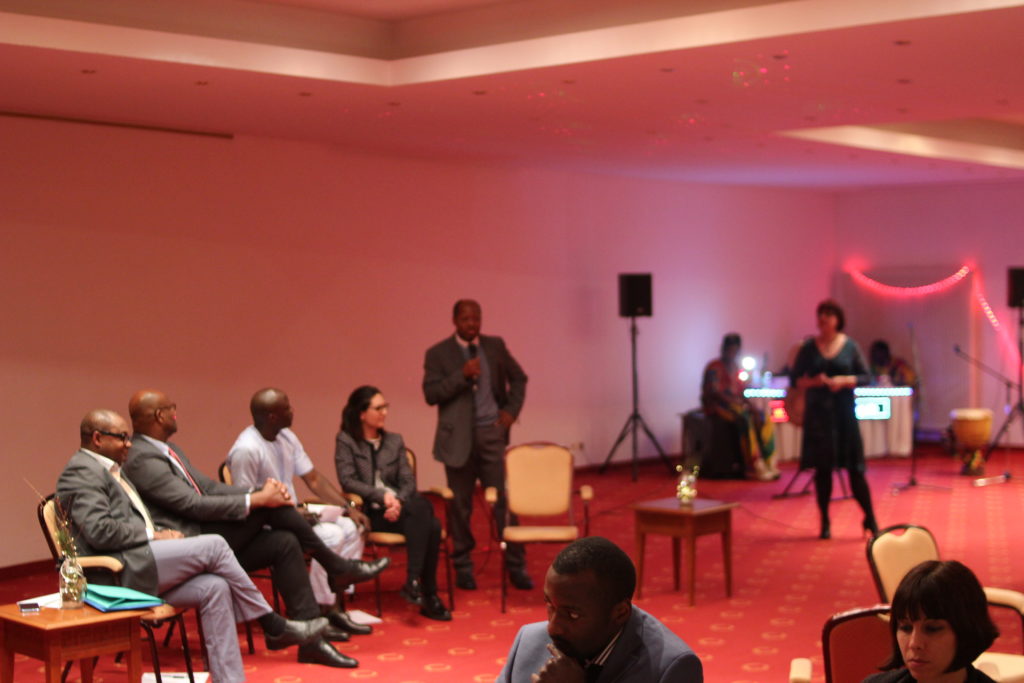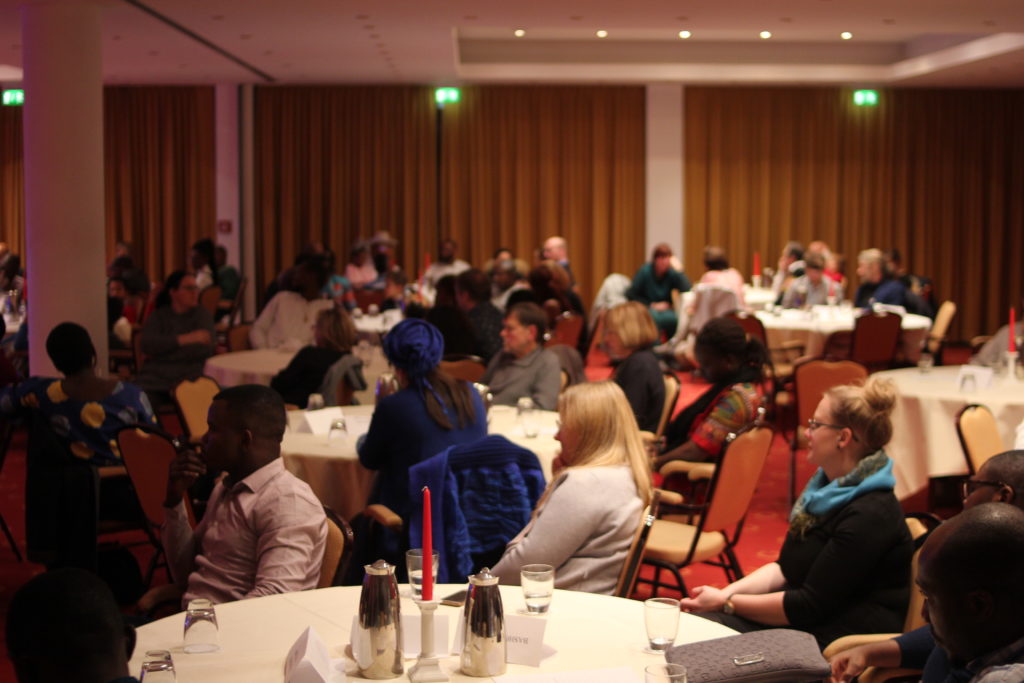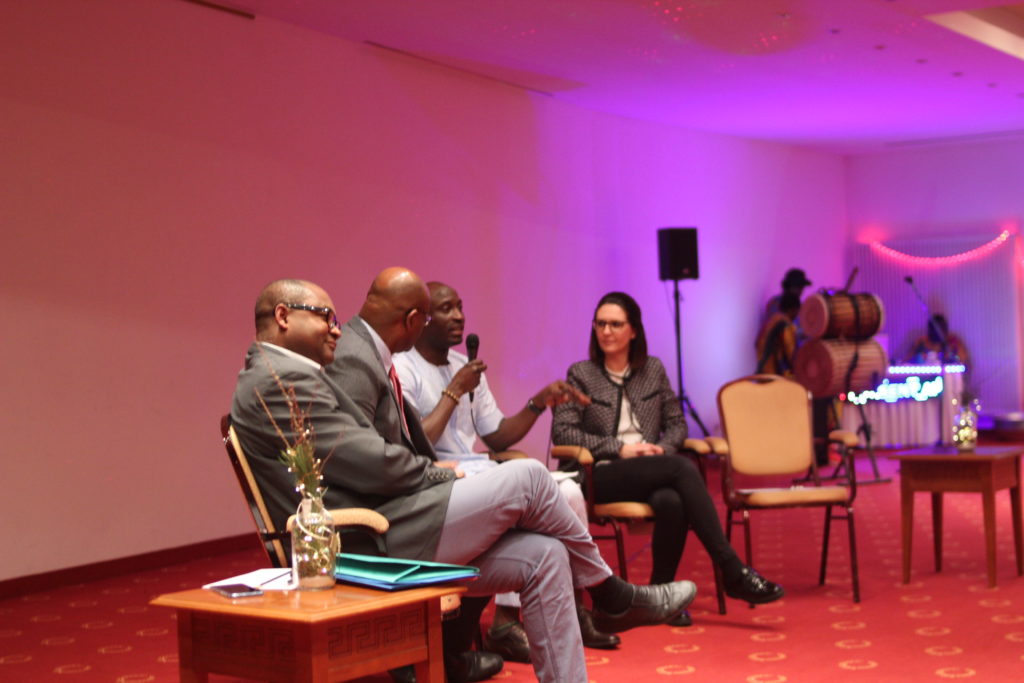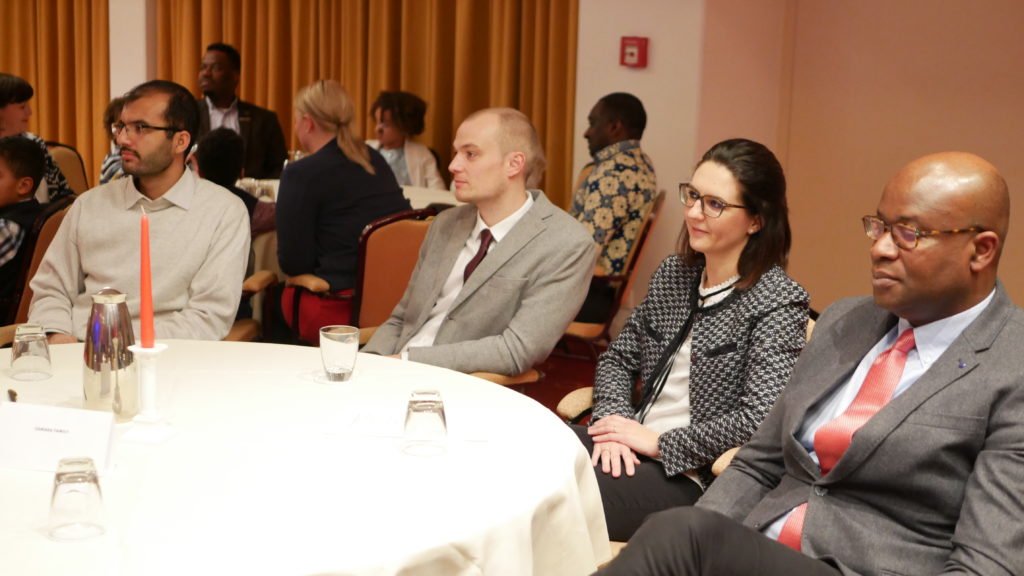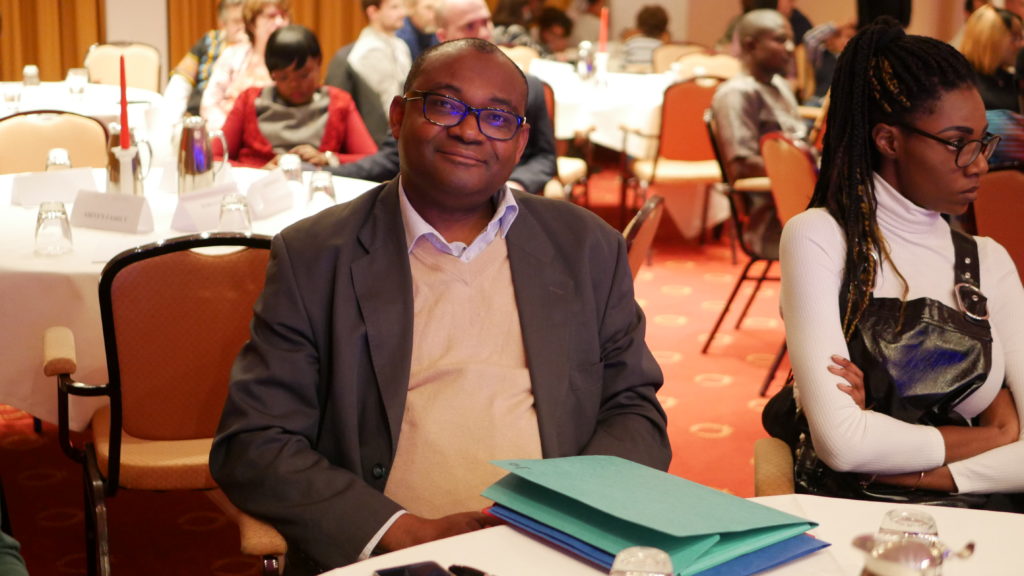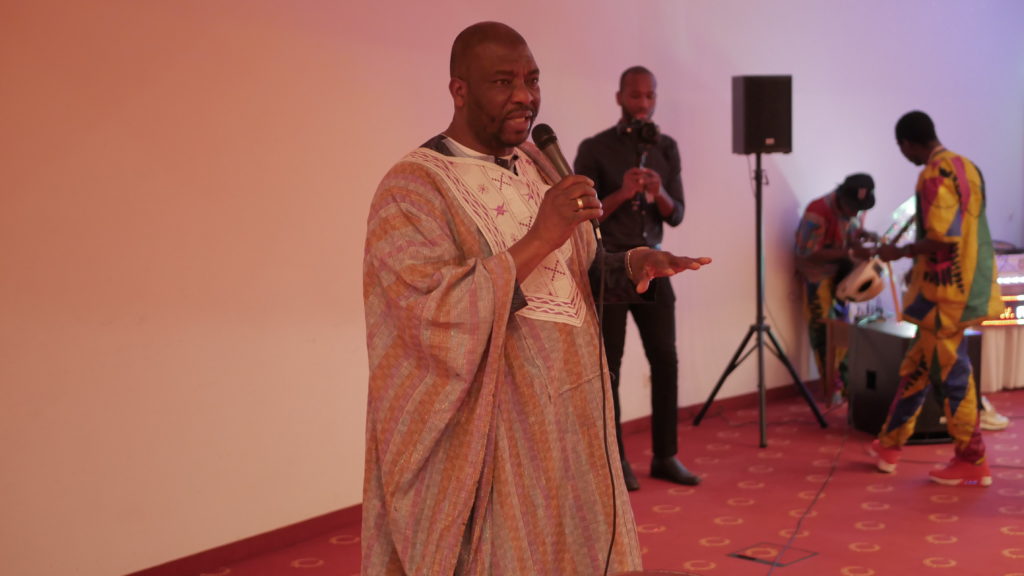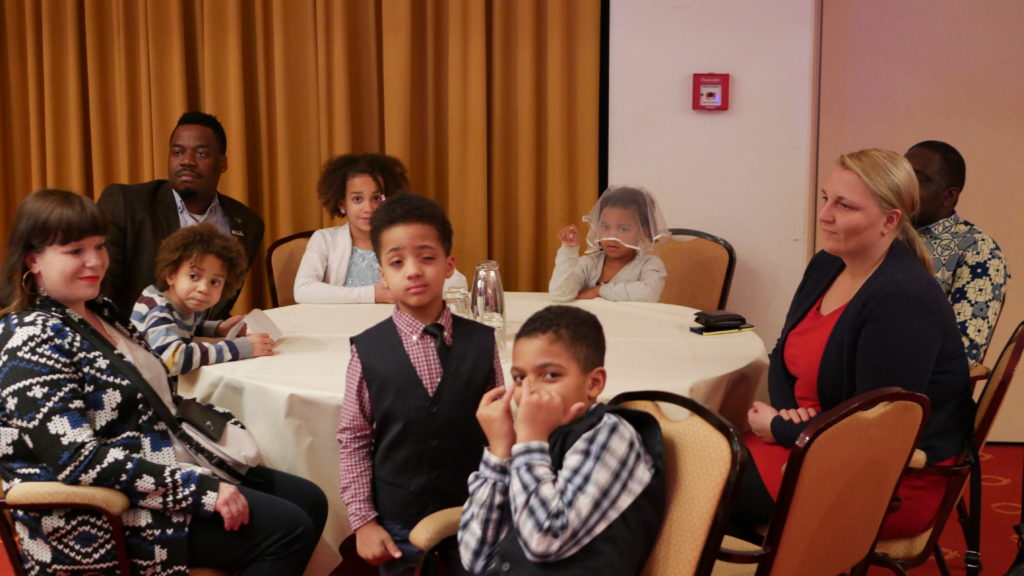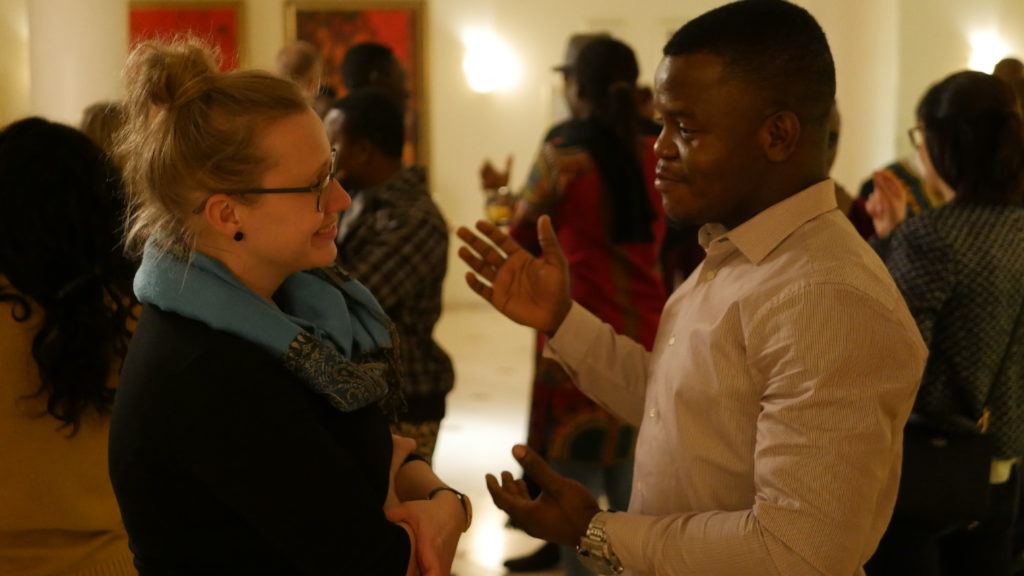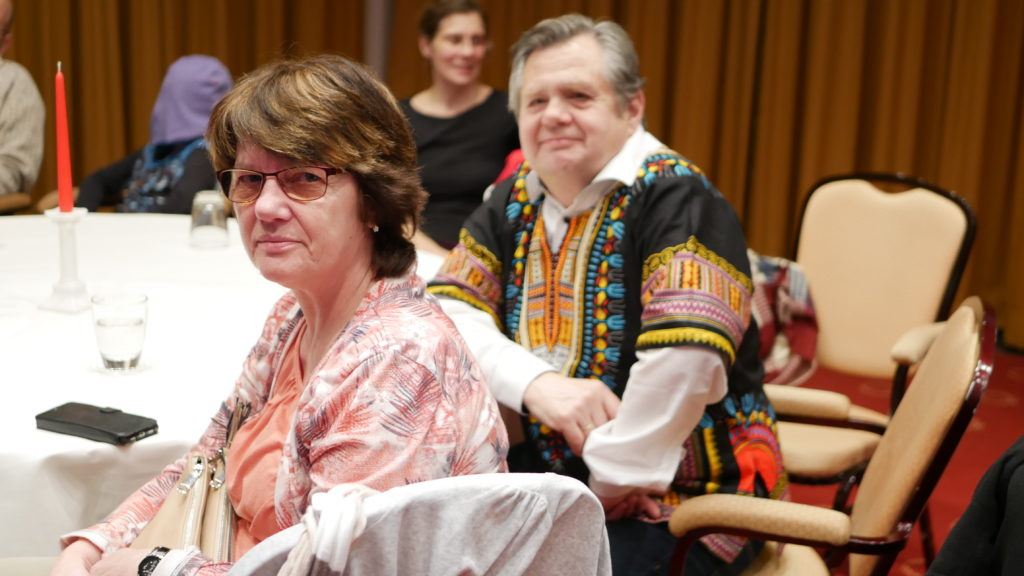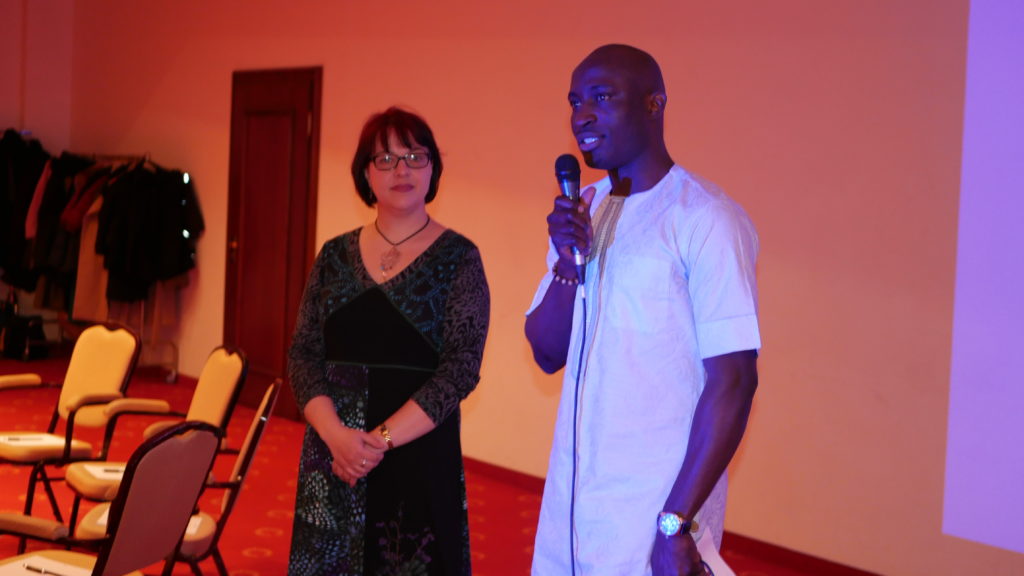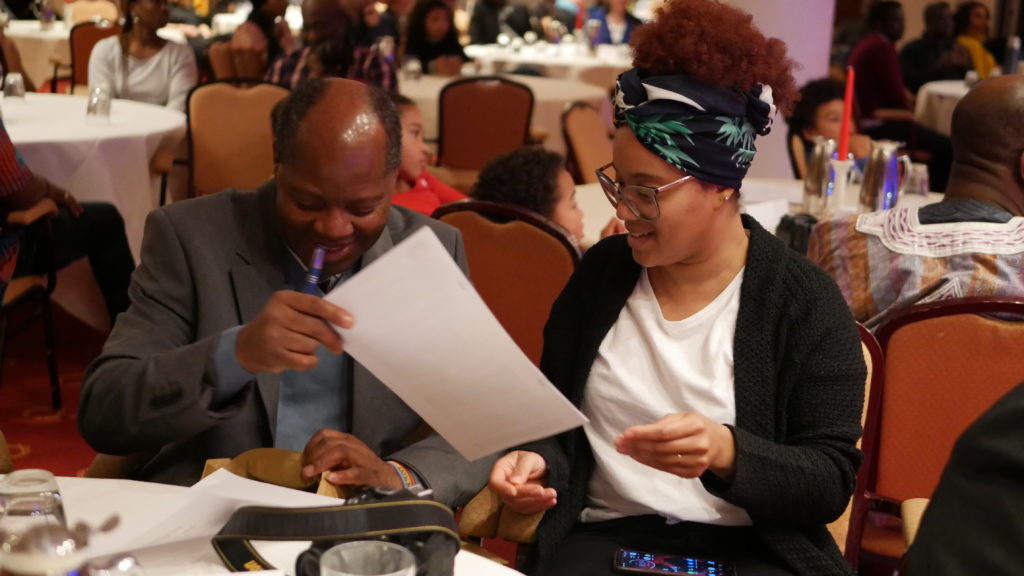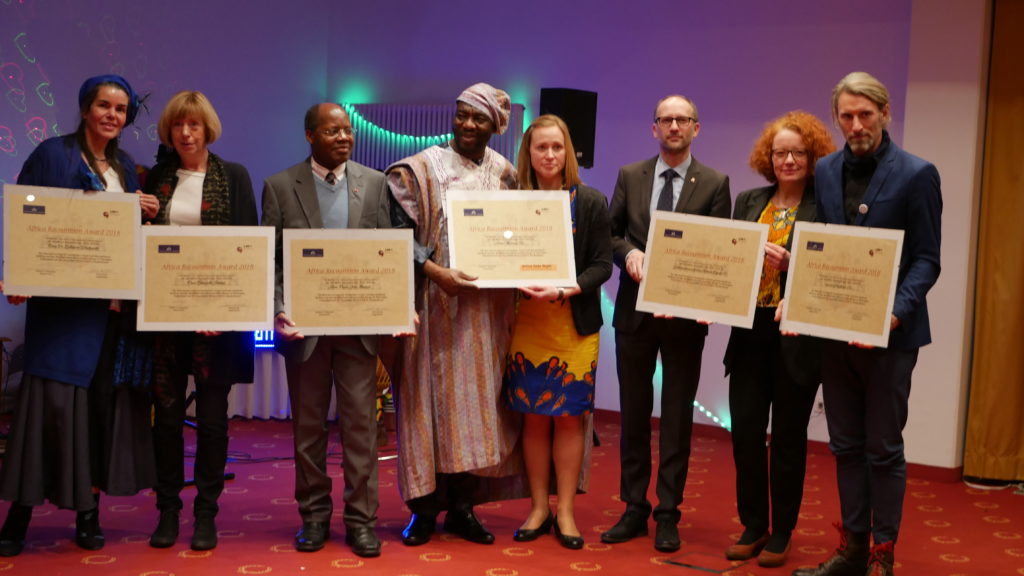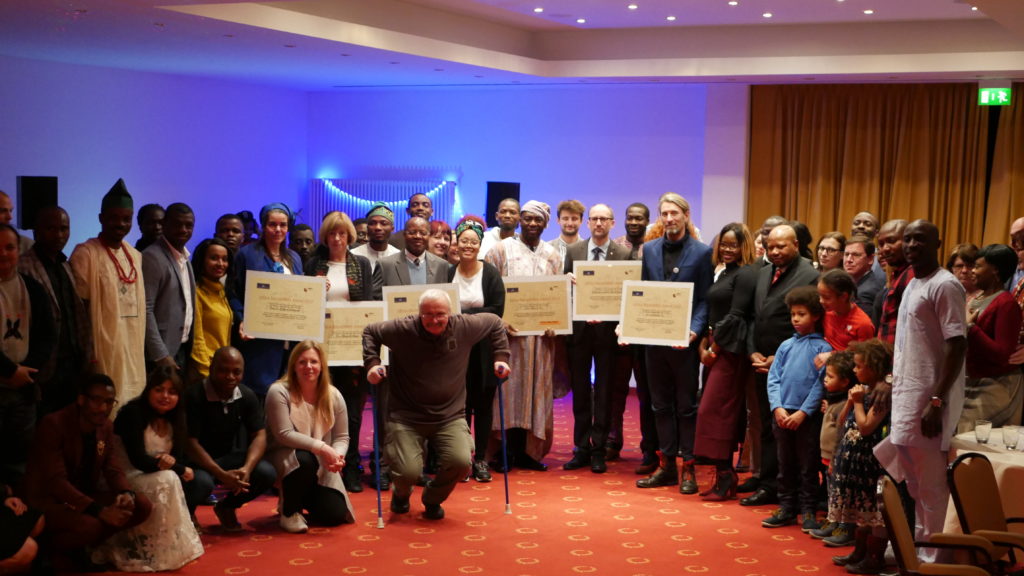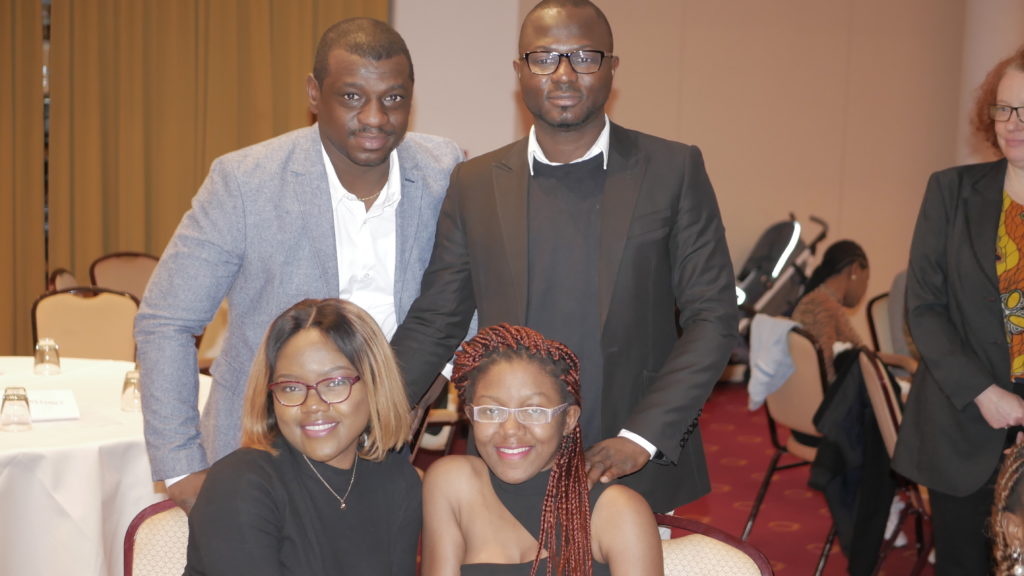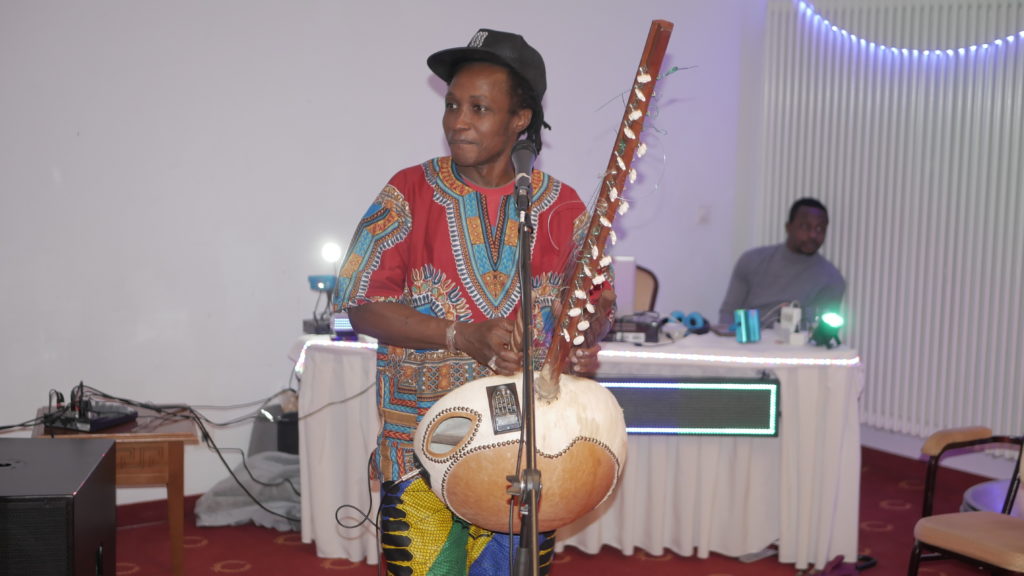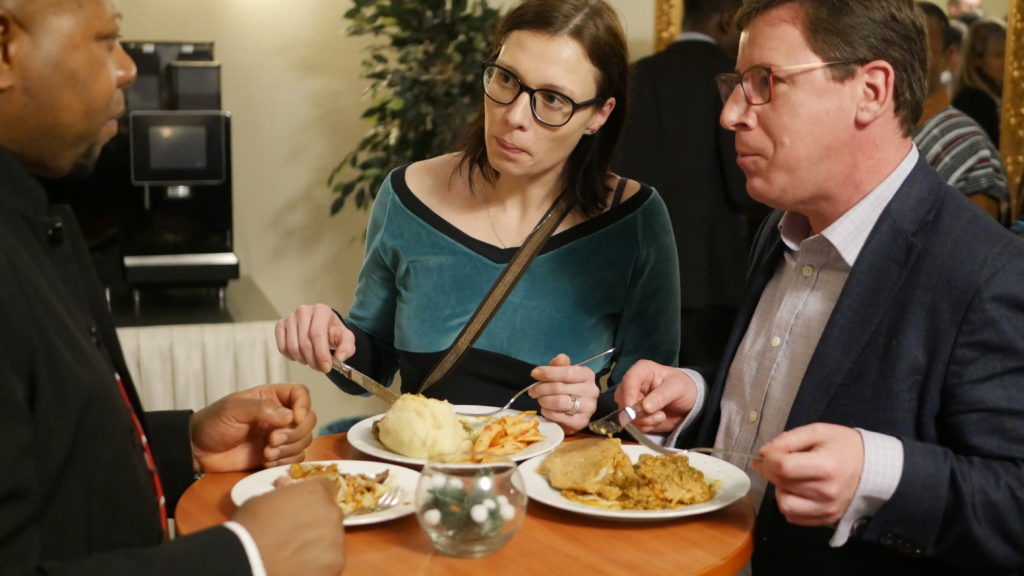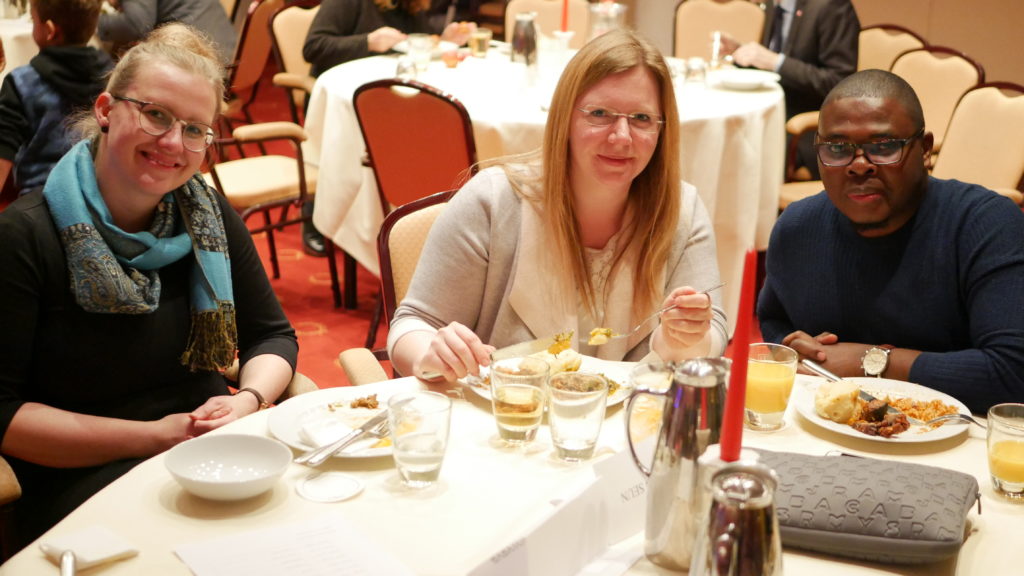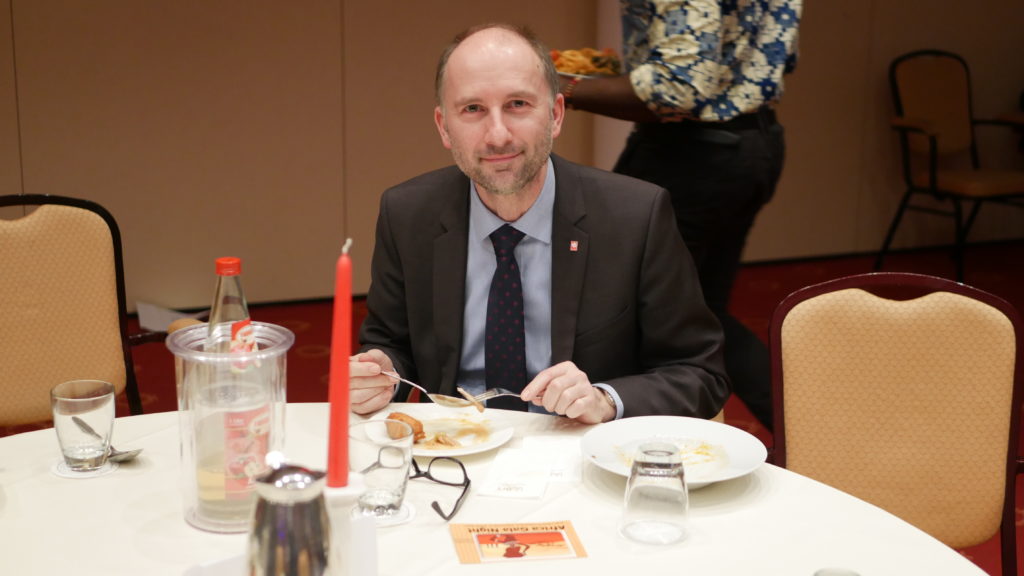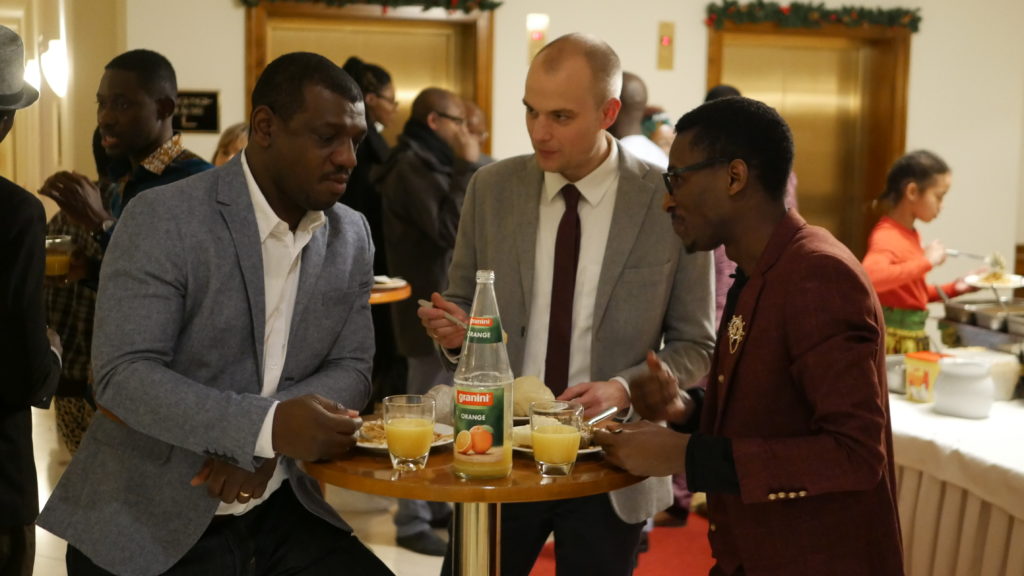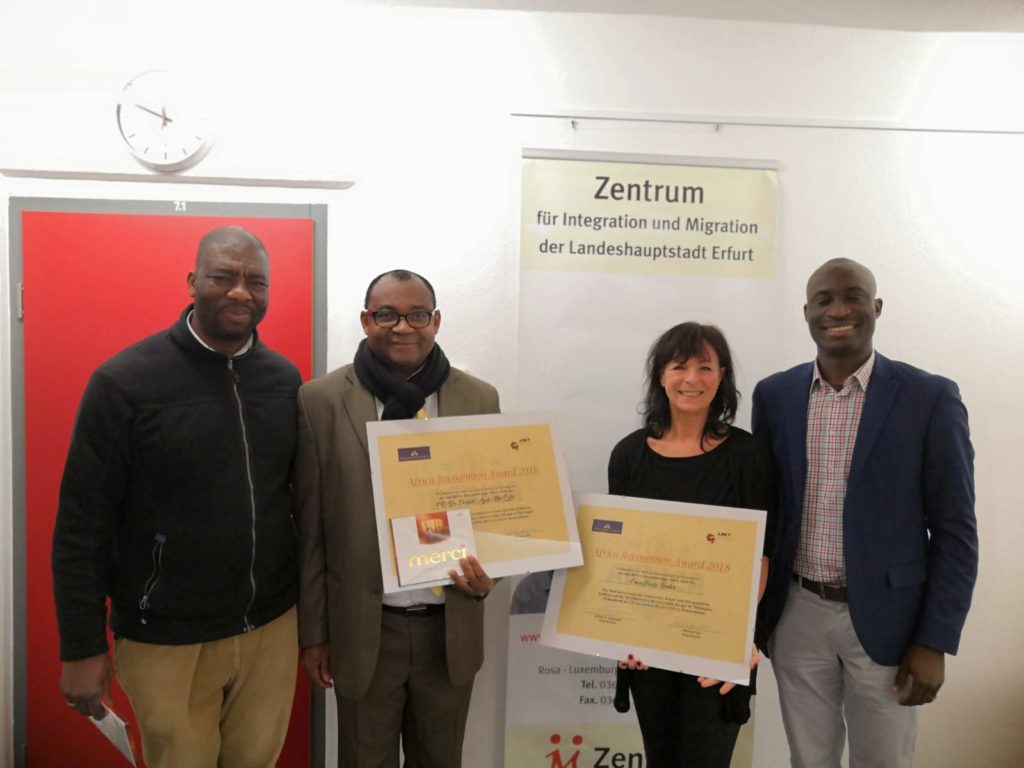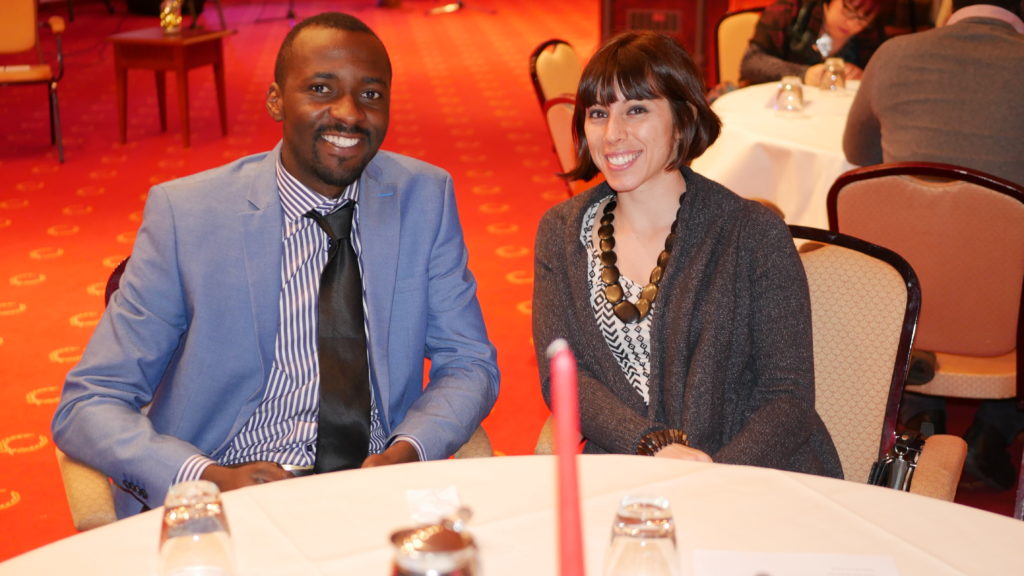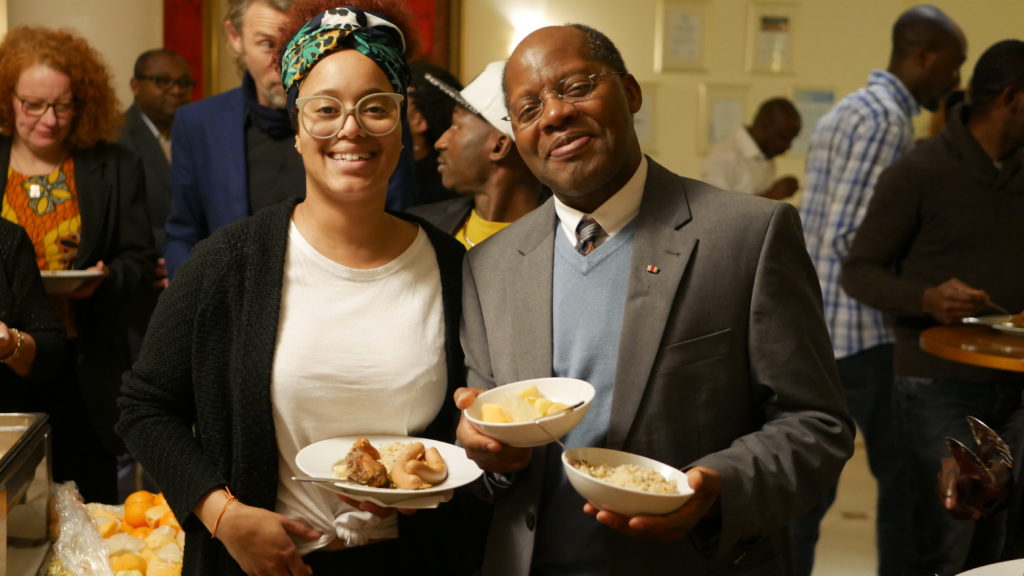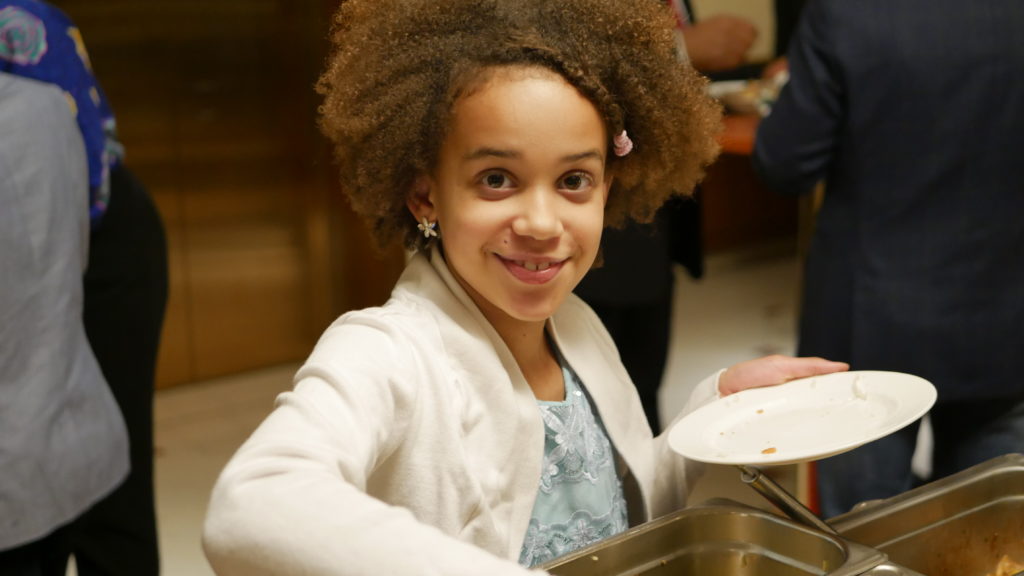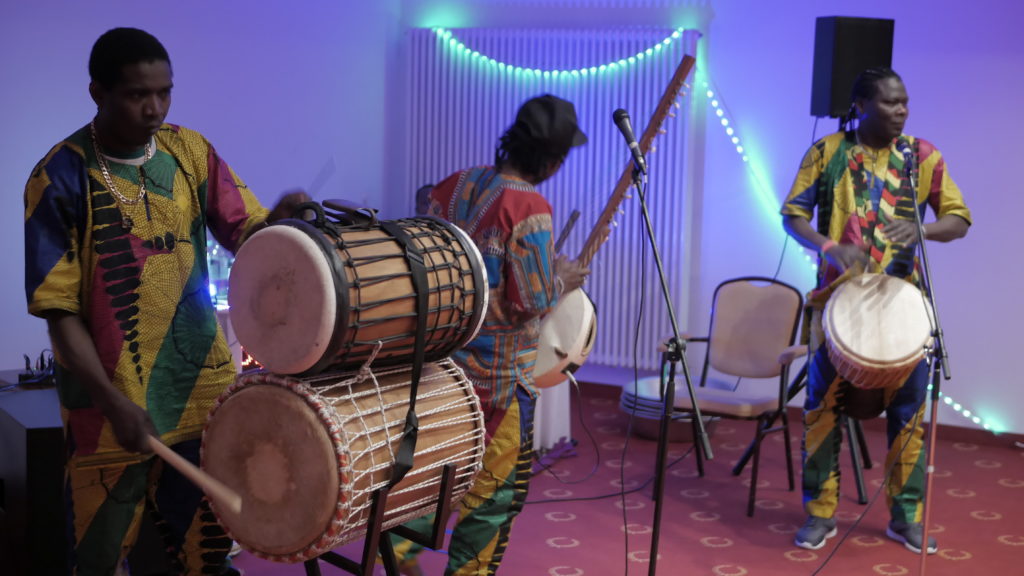2018 Africa Gala Night Program
The goal of the event is to build a network of Africans in diaspora for engagement on Africa development issues. The event planned by Afrikanisch-Deutscher Verein für Kultur und Bildung e.V.in collaboration with Africa Partners Initiative intends to galvanize African scholars, African community in Thüringen and Germans; not only to celebrate culture, diversity and social cohesion, but to interact and share opinion on a common subject of significant value to Africa’s development. E.g. deepening democracy, addressing Africa emigration problem, human rights, sustainable development, addressing vaccine hesitancy, etc. The expected outcome is increased community of multipliers, inspired by Africans in diaspora and partners.
The objectives are:
- To interact on challenges of vaccine acceptance in Africa and the role of Africans in diaspora
- Presentation of appreciation awards to individuals, organisations and Families contributing to the growth of Africa and Africans
- Dinner party
Rationale for the 2018 Thematic Focus
The diaspora collaboration on vaccine acceptance promotion in Africa is a significant step capable of addressing multiple underlining challenges the continent faces: especially, in the area of health communication intervention. Effective health communication strategies tailored at enhancing vaccine acceptance for preventable diseases is a “two-edged sword”, which can positively influence health conditions (reduce child and maternal mortality) of the weakest members of African society on one hand, and equally create the condition that eliminate avoidable health expenditure on another hand. That is reducing wastages on curing and managing the aftermath of diseases: especially vaccine preventable.
Little doubt exists about the vertical relationship between poverty and healthy wellbeing in Africa. The impact is particularly significant if compared to other regions of the world. According to WHO, more than 30 million children are unimmunized either because families are uninformed or misinformed about when and why immunization is important. Similarly, in Africa, about three million children under age of five die each year and a significant number of these deaths could be prevented by vaccines. Yet one in five children does not receive them, due to lack of effective communication about the efficacy of vaccines.
In order to combat poverty associated with healthcare expenditure of poor households in Africa, vaccination and other basic preventive health care are categorised as common essential services and are often subsidized with public funds and international development aid to help achieve that aim. This become a laser-focused paradigm to address abject poverty in disadvantage households. Because, studies have shown disproportionate poor household are not the primary beneficiaries of public spending or intervention on curative health care in several African countries. The studies equally discovered that this spending (on curative healthcare) favours mostly the better-off in society, rather than the original targets – poor households. Therefore, poverty associated with health care expenditure in poor households in Africa cannot be solved simply by adjusting the subsidy, public spending or intervention development aid allocations. Addressing it requires effective health communication strategies that can ease the constraints preventing poor households from taking advantage of the cost effective and resources-saving option – preventive health care services such as vaccination. These strategies must be heavily invested in, if the public subsidies and other pro-poor intervention are to be effective in reaching poor households.
The Africa gala night is expected to help shape another angle that has not been previously considered. That is, while we celebrate or merry over our accomplishment and strides in 2018, we also, as Africans in diaspora discuss how to contribute to development challenges Africa faces. If Africans in diaspora can be the single largest external source of revenue to the continent behind direct foreign investment and ahead of “over-exaggerated” foreign aid, then, it is a worthy strategy to equally enlist the diaspora Africans on specific agenda. Therefore, it is a responsibility on all Africans in diaspora to take the campaigns of successful impacts of vaccine on preventable diseases (in Germany) to our home countries; in order to reduce the burden of diseases and economic investments/resources that goes into curing and caring for the sick: instead of the resources (money) being used to improve other value-added aspect of life.
How do we start building this synergy between the diaspora and the Africans back home, thereby contributing to awareness about the important role of vaccine on preventable diseases? Better still, a shift from poverty-inducing curative healthcare culture to preventive healthcare using vaccination. The Africa gala night podium discussion on diaspora collaboration for effective health communication of vaccine against preventable diseases is a good starting point.
